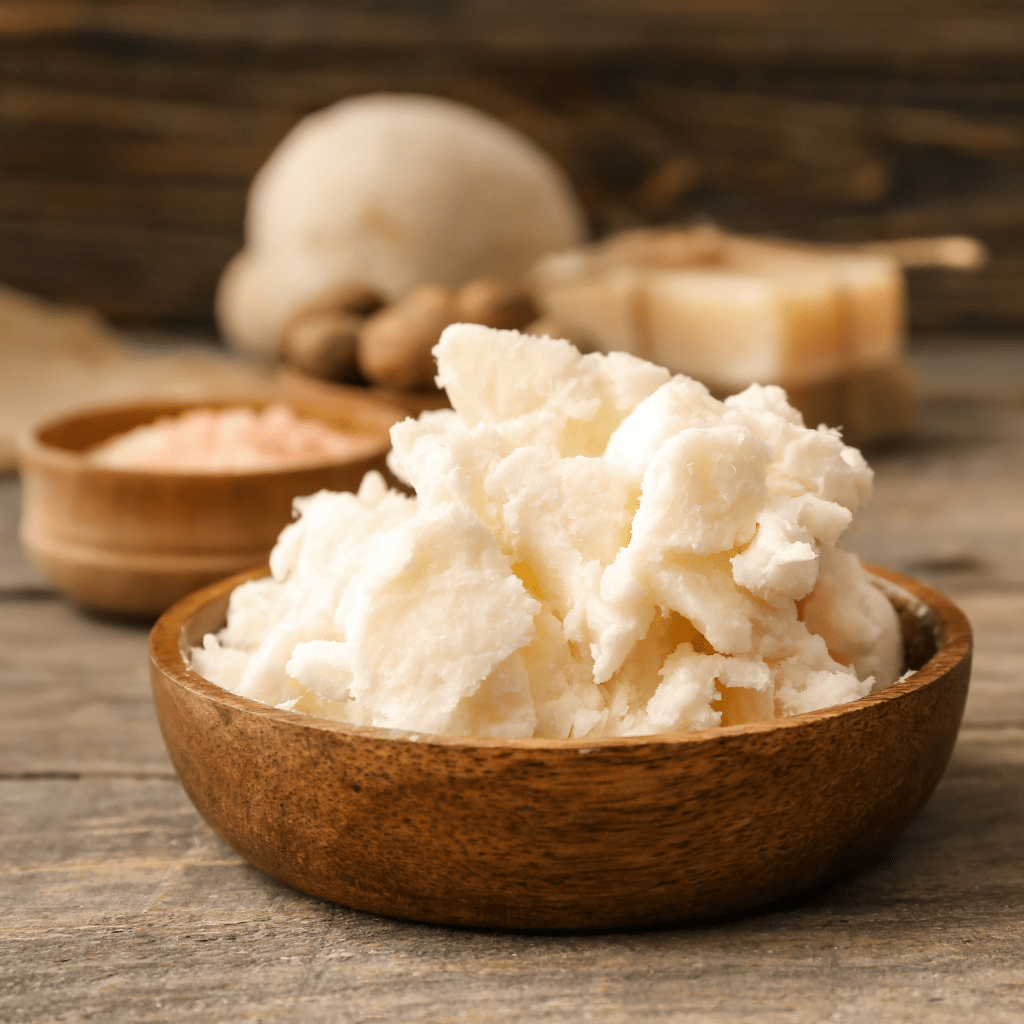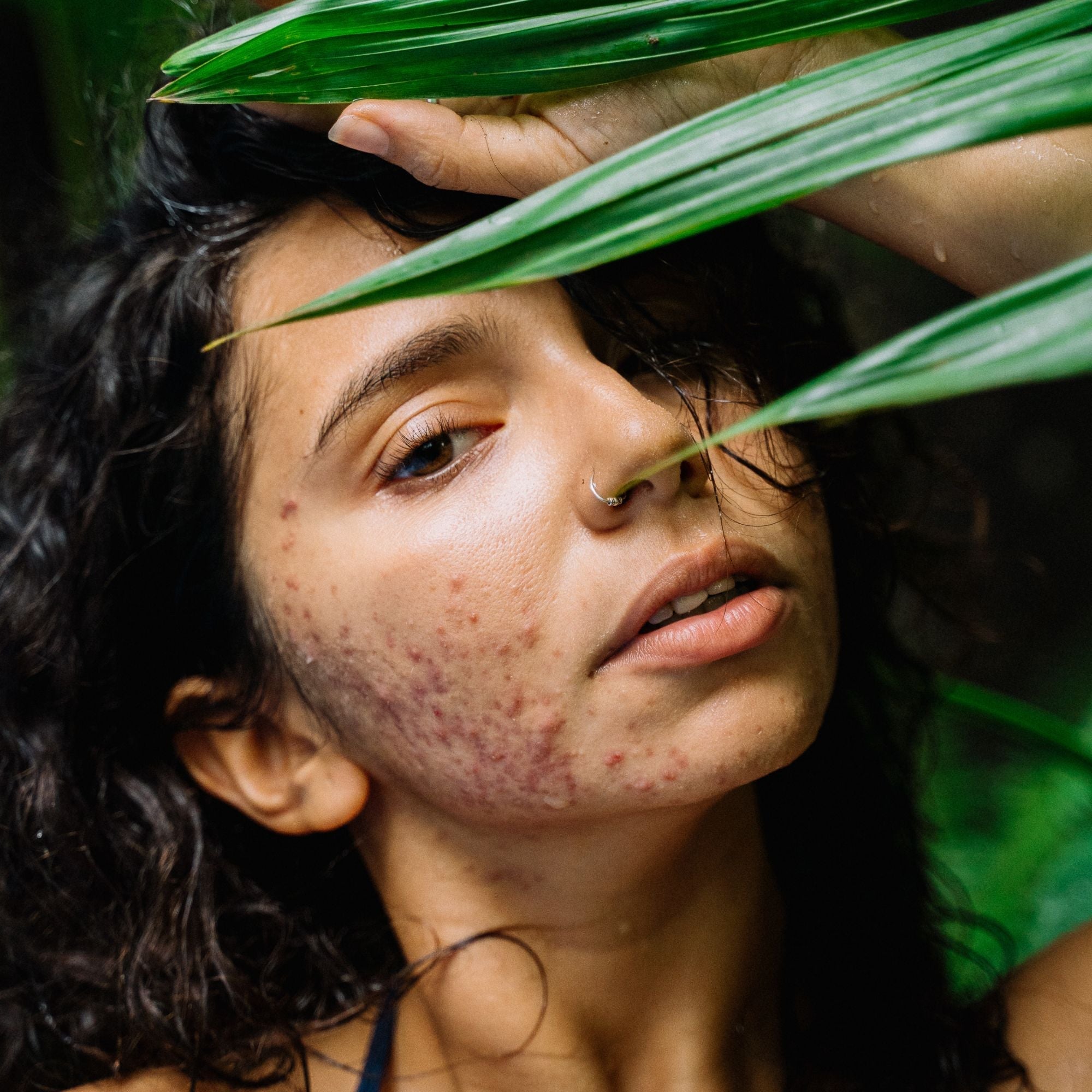In today’s beauty market, the term “clean skincare” is everywhere. With increasing awareness about the ingredients we put on our skin, consumers are demanding transparency and cleaner, non-toxic alternatives. But are popular skincare brands truly offering clean products, or are they engaging in greenwashing—misleading consumers into believing their products are more eco-friendly and non-toxic than they really are?
Greenwashing is rampant, and it’s critical to know how to identify brands that are doing the bare minimum versus those that are genuinely committed to clean, safe skincare.
What is Greenwashing?
Greenwashing occurs when a company presents itself as environmentally friendly without fully committing to the necessary practices. Brands might tout slogans like “natural” or “eco-friendly,” but when you dig into the ingredient lists and practices, they fall short of the true clean skincare standard.
A 2020 study by TerraChoice found that 95% of “green” products in the beauty and personal care industry were guilty of misleading claims. This means that many brands you trust may not be as clean as they appear.
Common Greenwashing Practices in Skincare
- Labeling Tricks: Using vague terms like “natural,” “organic,” or “clean” without standardized definitions or certifications.
- Highlighting One Good Ingredient: Some brands will promote the presence of one natural ingredient while hiding harmful ones like parabens, phthalates, or synthetic fragrances in the small print.
- Eco-Friendly Packaging: Brands focus on packaging made from recycled materials, but the contents of the product may still contain harsh chemicals.
Ingredient Red Flags
A truly clean skincare product should be free from harmful chemicals, toxins, and synthetic irritants. However, many “clean” brands still include problematic ingredients under misleading names or marketing:
- Fragrance (Parfum): Often labeled simply as “fragrance,” this term can hide dozens of synthetic chemicals, many of which are linked to allergies, hormone disruption, and skin irritation. According to the Environmental Working Group (EWG), fragrance formulas are often considered proprietary, which allows companies to hide harmful ingredients.
- Phenoxyethanol: Often used as a preservative, this chemical is allowed in concentrations of up to 1%. While it may be less toxic than formaldehyde-based preservatives, it can still cause skin irritation and even nervous system damage at higher exposures.
- Sodium Lauryl Sulfate (SLS): This surfactant is found in many cleansers and can strip your skin of its natural oils, leading to dryness and irritation. It’s also linked to ecotoxicity and can damage aquatic life.
- Parabens: Used as preservatives, parabens have been linked to hormonal imbalances and even breast cancer. Yet, some brands still sneak them into their formulas under names like methylparaben or propylparaben.
Surprising Stats About Greenwashing in Beauty
- A study conducted by the European Consumer Organisation found that 42% of products falsely marketed as eco-friendly had no verifiable environmental benefits.
- According to Forbes, the clean beauty market is expected to grow to $22 billion by 2024, and with that growth, many brands use greenwashing tactics to attract the eco-conscious consumer.
Conclusion: Choose True Clean Skincare
Don’t let greenwashing fool you. By being informed and selective, you can ensure that the products you’re using on your skin are truly clean, non-toxic, and effective. At Skin Revolt, we are committed to offering transparent, genuinely clean skincare. Our products are free from harmful chemicals, synthetic fragrances, and misleading claims. We use only the highest quality natural ingredients, all backed by EU standards, to ensure safety and sustainability.
It’s time to revolt against greenwashing and demand true transparency in skincare. You deserve products that are as clean as they claim to be.
Sources:
- TerraChoice Study on Greenwashing: https://www.sustainablebrands.com
- Environmental Working Group (EWG) on Fragrance: https://www.ewg.org
- European Consumer Organisation Greenwashing Report: https://www.beuc.eu
- Forbes Clean Beauty Market Report: https://www.forbes.com
About the Author: Jelena Petrovic
Jelena started Skin Revolt after getting fed up with the confusing labels, overhyped ingredients, and beauty advice that never seemed made for real people. She wanted skincare that felt clean, modern, and grounded in truth — not trends. Her approach is simple: question everything, keep it honest, and make products that do what they say they will. She writes the way she formulates — with intention, curiosity, and zero tolerance for fluff. Read more here: https://www.skinrevolt.com/blogs/skincare-and-beauty-news/who-is-skin-revolt
⚖️ Disclaimer: This article is for educational purposes only and is not intended as medical or legal advice. Always consult a qualified healthcare provider or dermatologist before making decisions about your skincare, fertility, or hormone health. While Skin Revolt products are formulated without known endocrine-disrupting ingredients, individual sensitivities may vary. All product claims and safety concerns referenced are based on publicly available studies and reports.




Share:
The Dimethicone Deception: Why Many “Clean Skincare” Brands Are Misleading You
Is Clean Beauty the Future of Skincare?